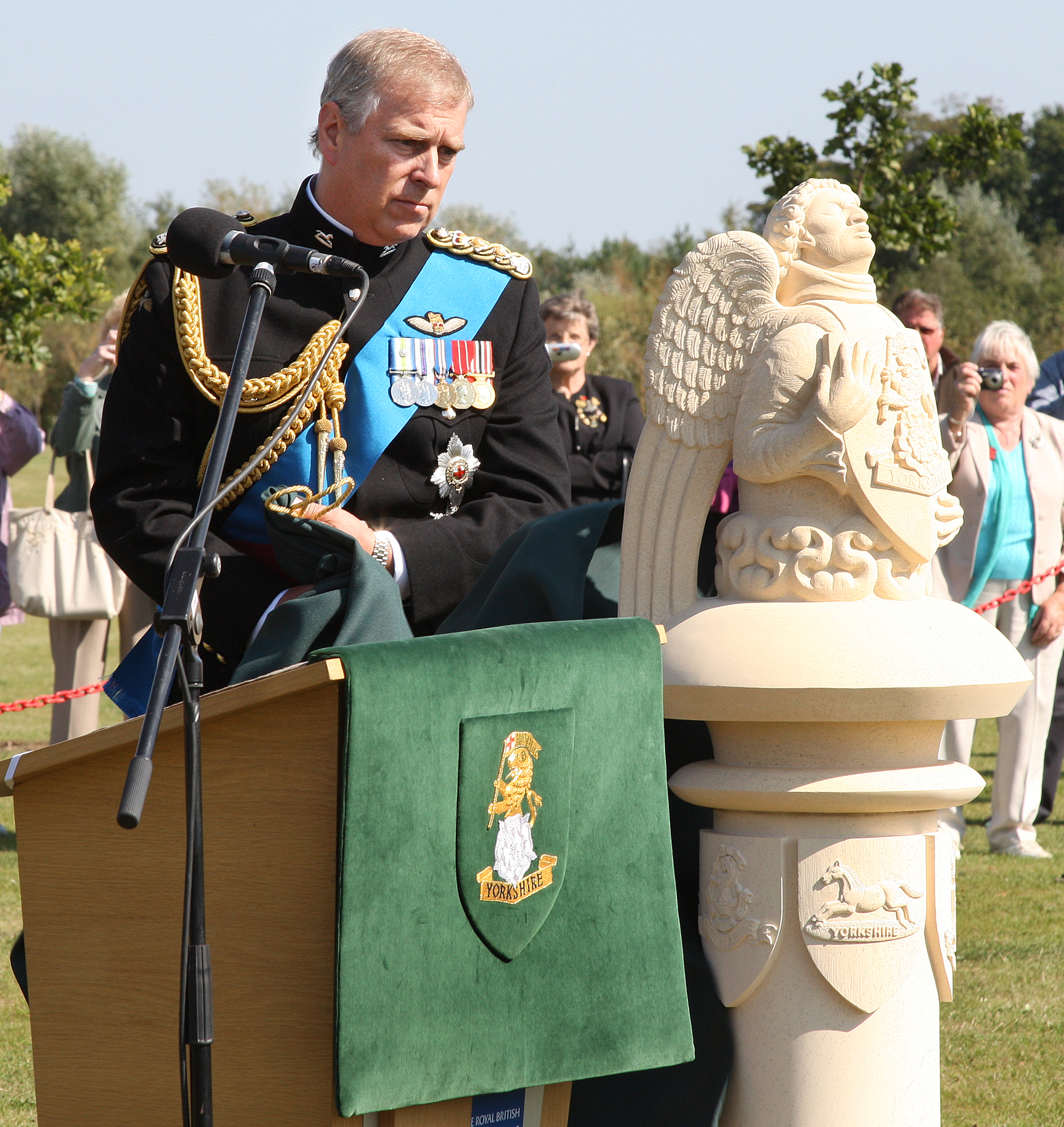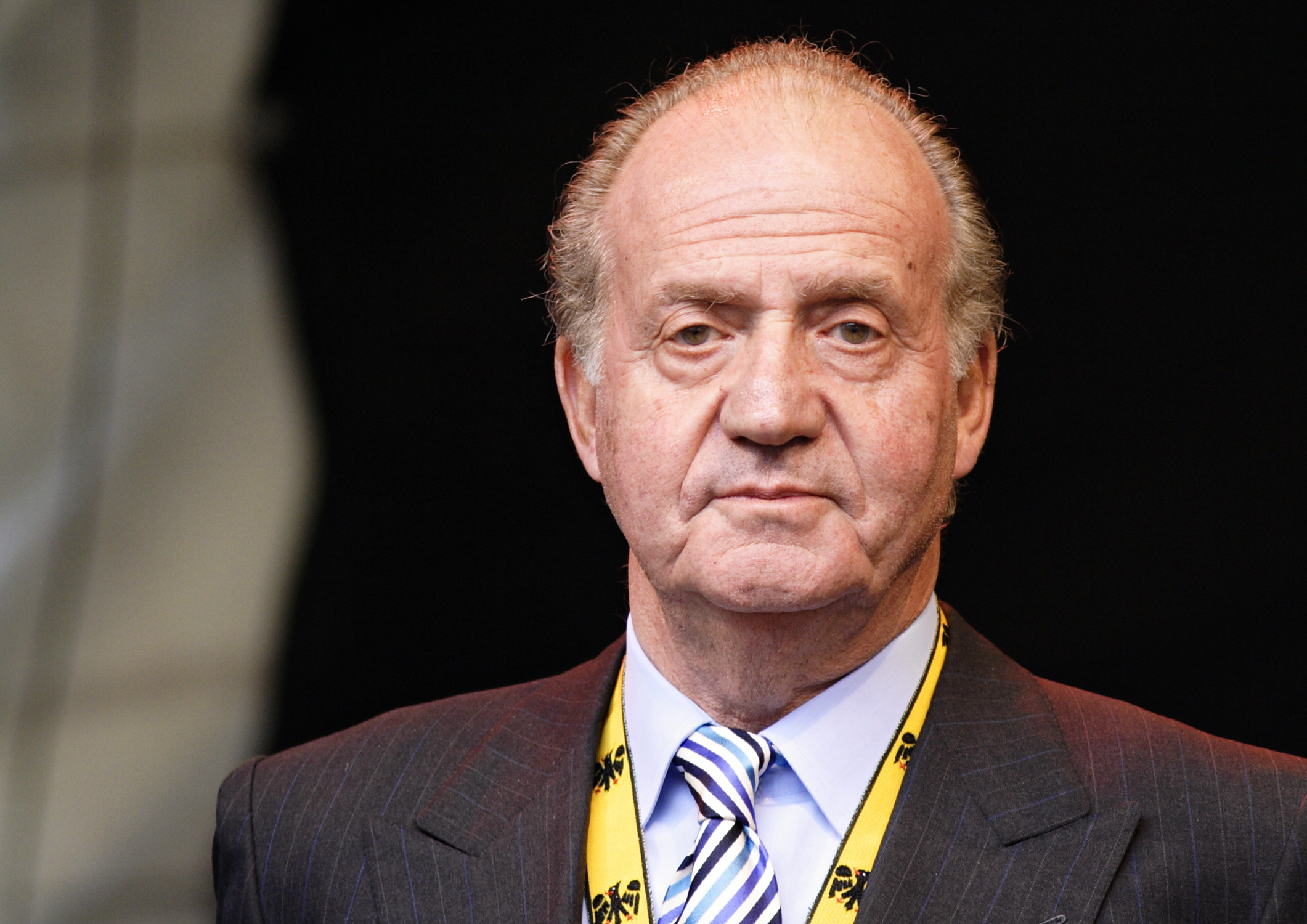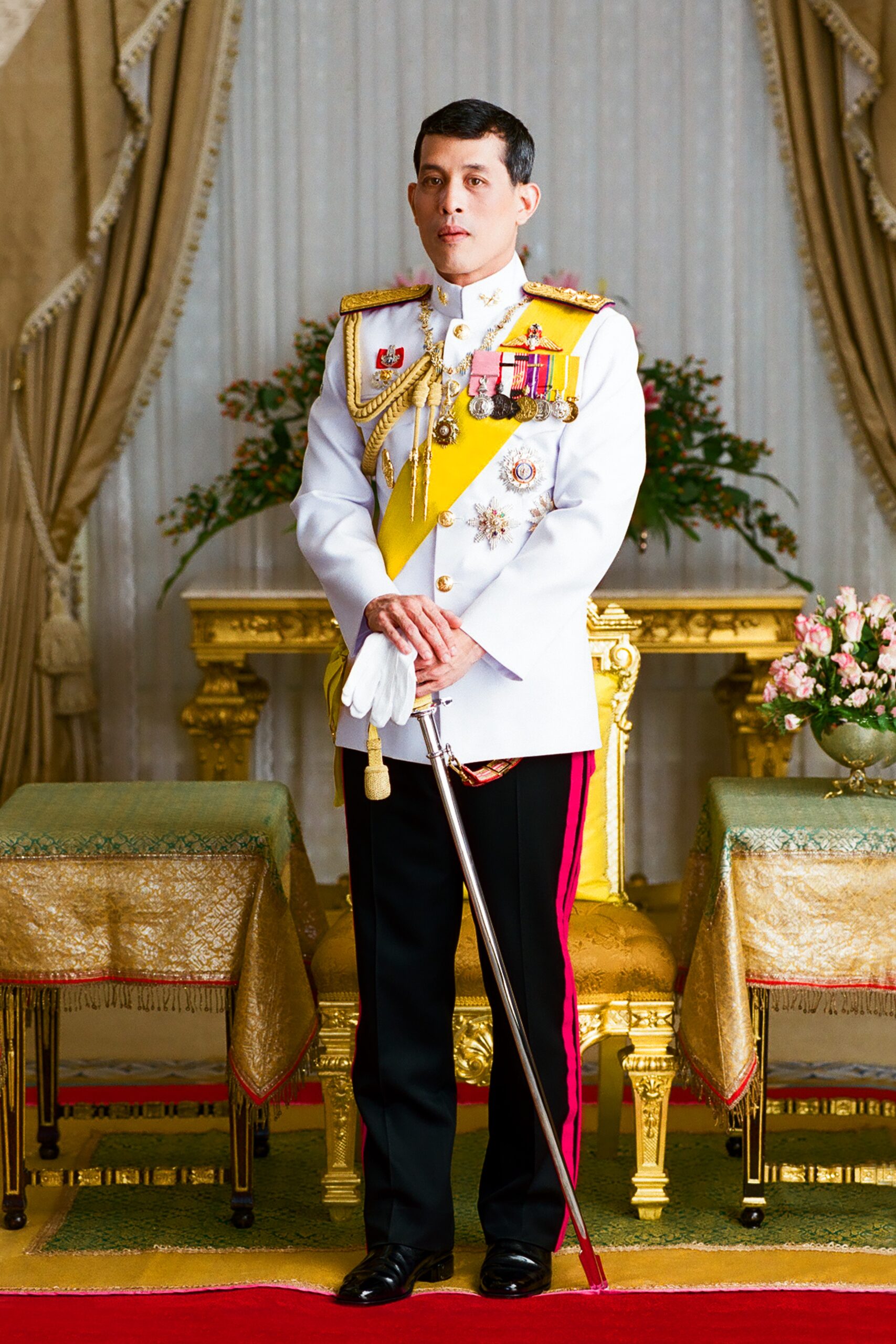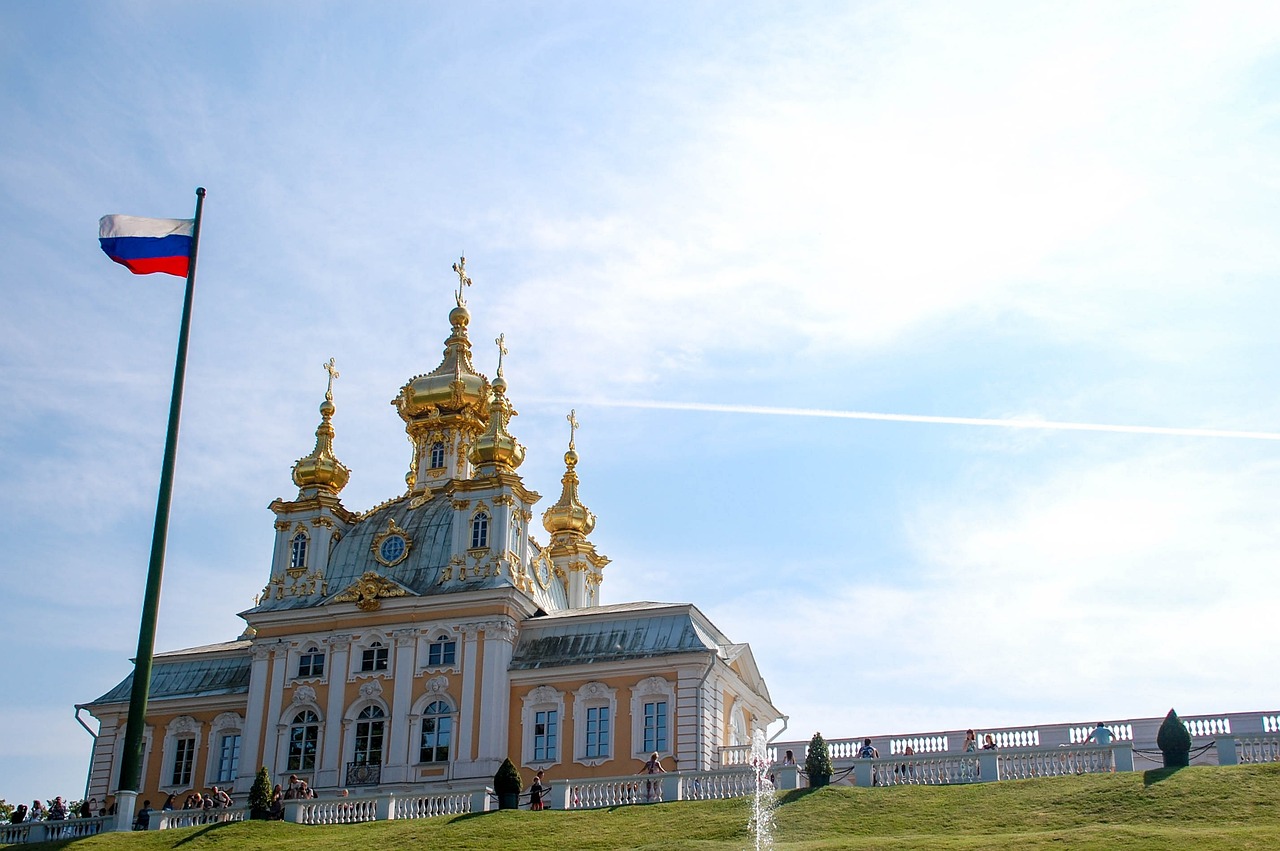- Most Infamous Terrorist Leaders in History - April 22, 2025
- From Bamboo to Billions: How Smugglers Exploit China’s Wildlife Trade - April 10, 2025
- Environmental Corruption in South America: Nature for Sale - April 10, 2025
The Definition of White Collar Crime
White collar crime is a term that might sound like it’s straight out of a detective novel, but it’s very real and costs economies billions. It’s not about street-level theft or violence. Instead, it involves deceit and financial manipulation by those in positions of power. Imagine someone using their insider knowledge to make a fortune on the stock market or embezzling funds from a company. That’s white collar crime. Edwin Sutherland, a sociologist, coined the term in 1939, emphasizing how these crimes are often committed by the elite. In the U.S., the FBI estimates that these crimes cost the economy around $300 billion annually. It’s a staggering figure that highlights the impact of these seemingly invisible crimes.
The Case of Prince Andrew and Jeffrey Epstein

Prince Andrew’s association with the notorious Jeffrey Epstein is like a plot twist in a royal drama. Allegations against Andrew include claims by Virginia Giuffre that she was trafficked by Epstein and had encounters with the prince. In 2022, a U.S. judge allowed Giuffre’s lawsuit to proceed, throwing Andrew into the media spotlight. The scandal not only damaged his reputation but also raised uncomfortable questions about the accountability of royals. It’s a story that has captivated the public, with many wondering how someone in such a privileged position could be embroiled in such serious allegations.
The King of Spain’s Tax Evasion Scandal

King Juan Carlos I of Spain found himself in hot water over allegations of tax evasion. In 2020, amidst investigations into his financial dealings, he left Spain for the United Arab Emirates. Reports surfaced that he had received large sums from foreign governments and hidden assets. This scandal sent shockwaves through Spain, with many questioning the integrity of the monarchy. The Spanish government has since tried to distance itself from the former king, emphasizing the need for transparency. It’s a tale that underscores the challenges of maintaining public trust when royals are involved in financial controversies.
The Luxembourg Tax Avoidance Scandal

The Grand Duchy of Luxembourg might be small, but it was at the heart of a huge tax avoidance scandal. Known as the “LuxLeaks,” this scandal exposed how royals, among others, used complex financial structures to dodge taxes. It wasn’t just about saving a few euros. It involved multinational corporations and wealthy individuals exploiting Luxembourg’s tax laws. The revelations caused outrage across Europe, with calls for stricter tax regulations. This scandal highlighted the lengths to which some will go to protect their wealth, even if it means bending the rules.
The Italian Royal Family and the Mafia Connection
The Italian royal family and the Mafia might sound like characters from a crime movie, but allegations have linked the two. Historical claims suggest that members of the House of Savoy had ties to organized crime, especially after World War II. These claims, though debated, suggest that some royals may have benefitted from illicit activities. It’s a story that raises questions about the integrity of the monarchy and its connections to crime. While the truth remains murky, it serves as a reminder of the complex relationship between power and crime.
The British Royals and Financial Transparency

The British royal family has faced increasing scrutiny over the transparency of their finances. The “Sovereign Grant,” which funds the monarchy, has been a point of contention. In 2020, the National Audit Office reported that the royals received £82.4 million from the grant, sparking debates about financial accountability. This scrutiny reflects a growing demand for transparency, especially as scandals continue to emerge. The public wants to know how their money is being spent, and the royals are feeling the pressure to be more open about their finances.
The Scandal of the Thai Crown Prince

Crown Prince Maha Vajiralongkorn of Thailand has been no stranger to controversy. Allegations of corruption and mismanagement of royal funds have plagued him. Reports suggest he has amassed significant wealth through questionable means, leading to public protests. The Thai government has struggled to address these issues, as the monarchy is a sensitive topic. This scandal highlights the challenges modern monarchies face in maintaining public trust. It’s a story that continues to evolve, with many watching to see how it will unfold.
The Russian Royal Family and Corruption Allegations

The Russian royal family, particularly the descendants of the Romanovs, have been linked to various corruption scandals. Investigations have revealed questionable business practices, leading to accusations of embezzlement and fraud. While the Russian government tries to distance itself from these allegations, the legacy of corruption lingers. It’s a situation that illustrates the ongoing challenges royals face in navigating modern governance. The story of the Russian royals serves as a cautionary tale about the complexities of power and corruption.
The Role of Media in Exposing Royal Scandals

The media has been instrumental in uncovering scandals involving royalty. Investigative journalism has brought many of these stories to light, prompting public discourse and accountability. Publications like The Guardian and The New York Times have reported extensively on royal scandals, emphasizing the importance of transparency. Social media has further amplified these stories, allowing for greater public engagement. The media’s role in exposing these scandals highlights the power of the press in holding the elite accountable.
The Future of Royal Accountability
As society evolves, the demand for accountability among royals grows louder. Public sentiment is shifting towards expecting transparency and ethical behavior from those in power. This trend is evident in royal families worldwide as they navigate modern governance and public expectations. The intersection of white collar crime and royalty raises important questions about the future of monarchies. It highlights the need for reform and greater accountability as royals adapt to a changing world.



